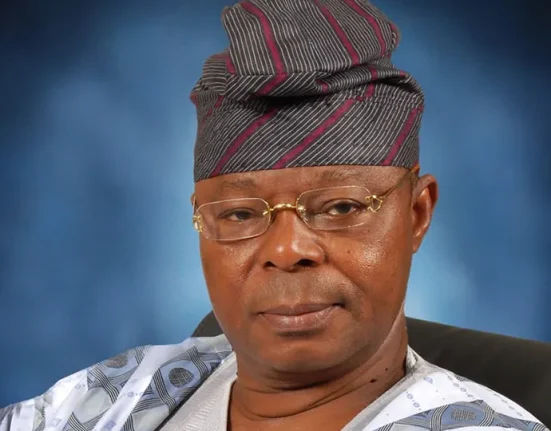The Lagos State Government has reiterated its unwavering commitment to safeguarding its coastline and developing climate-resilient infrastructure to address the growing threats posed by climate change. This renewed assurance was given during the ongoing United Nations Ocean Conference taking place in Nice, France, where Lagos made a case for urgent global and local climate action.
According to a statement issued on Monday by Kunle Adesina, spokesperson for the Ministry of the Environment and Water Resources, the Commissioner, Tokunbo Wahab, while representing the state at the international summit, stated that Lagos, as a densely populated coastal city, is increasingly vulnerable to climate-related disruptions such as rising sea levels, excessive rainfall, and extreme heat.
Highlighting the proactive steps being taken by the state, Wahab declared that Lagos is not waiting for disaster to strike before taking action. He emphasised the state’s focus on building climate-resilient infrastructure as a long-term strategy for survival and sustainability.
“As a coastal state, we cannot afford to ignore the realities before us. Resilience must be at the core of our urban planning. We are not just constructing infrastructure; we are building systems that can withstand climate shocks. And equally important, we are encouraging communities to take ownership of these investments,” Wahab said.
He disclosed that one of the major initiatives of the state includes year-round clearing and maintenance of primary and secondary drainage systems to reduce flood risks, particularly during the rainy season. In the past two years alone, the state has constructed approximately 76 kilometres of trapezoidal drainage systems, significantly boosting its flood control capacity.
On the issue of waste management, the commissioner noted that Lagos generates over 13,000 tonnes of solid waste daily. However, he revealed that the state is transitioning from the traditional linear “pick and dump” waste disposal model to a circular economy system that treats waste as a valuable resource.
“In the last two years, Lagos has redefined its approach to waste. We now view waste not as a burden, but as a tool for generating energy, wealth, and opportunity. This paradigm shift is key to our broader climate goals and our pursuit of a cleaner, more sustainable megacity,” he added.
Wahab also underscored the importance of policy alignment, citizen engagement, and international collaboration in tackling the multifaceted risks posed by climate change. According to him, Lagos is ready to lead by example, demonstrating how subnational governments can take meaningful climate action while pushing for global support.
With over 24 million residents and a rapidly expanding urban footprint, Lagos remains one of the most climate-exposed cities in Africa. The state government’s recent climate-focused efforts signal a growing awareness of the urgency to act and the need to embed sustainability into every layer of governance and development.







